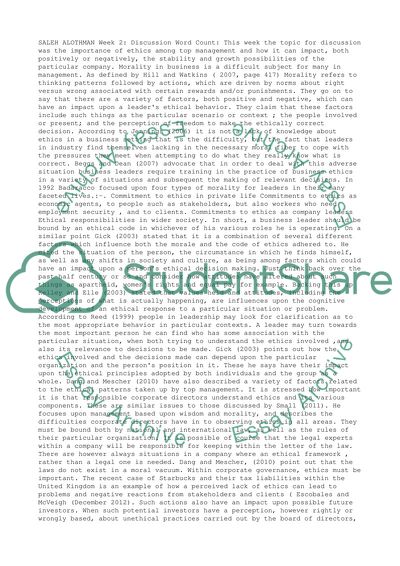Refrace week2-1rem9 Essay Example | Topics and Well Written Essays - 750 words. Retrieved from https://studentshare.org/management/1464947-refrace
Refrace Week2-1rem9 Essay Example | Topics and Well Written Essays - 750 Words. https://studentshare.org/management/1464947-refrace.


